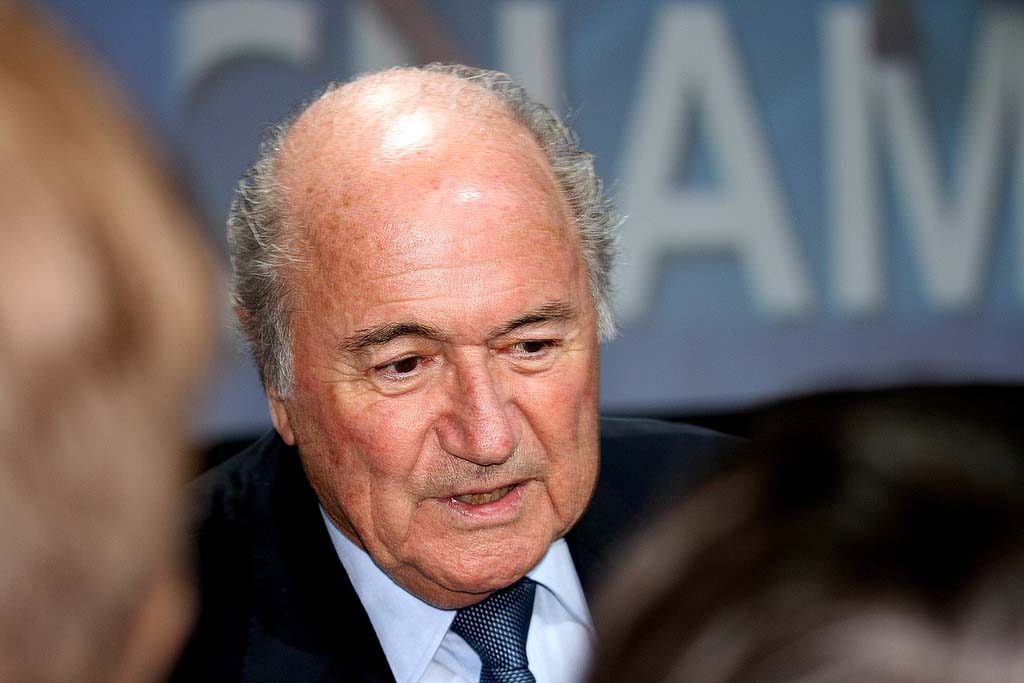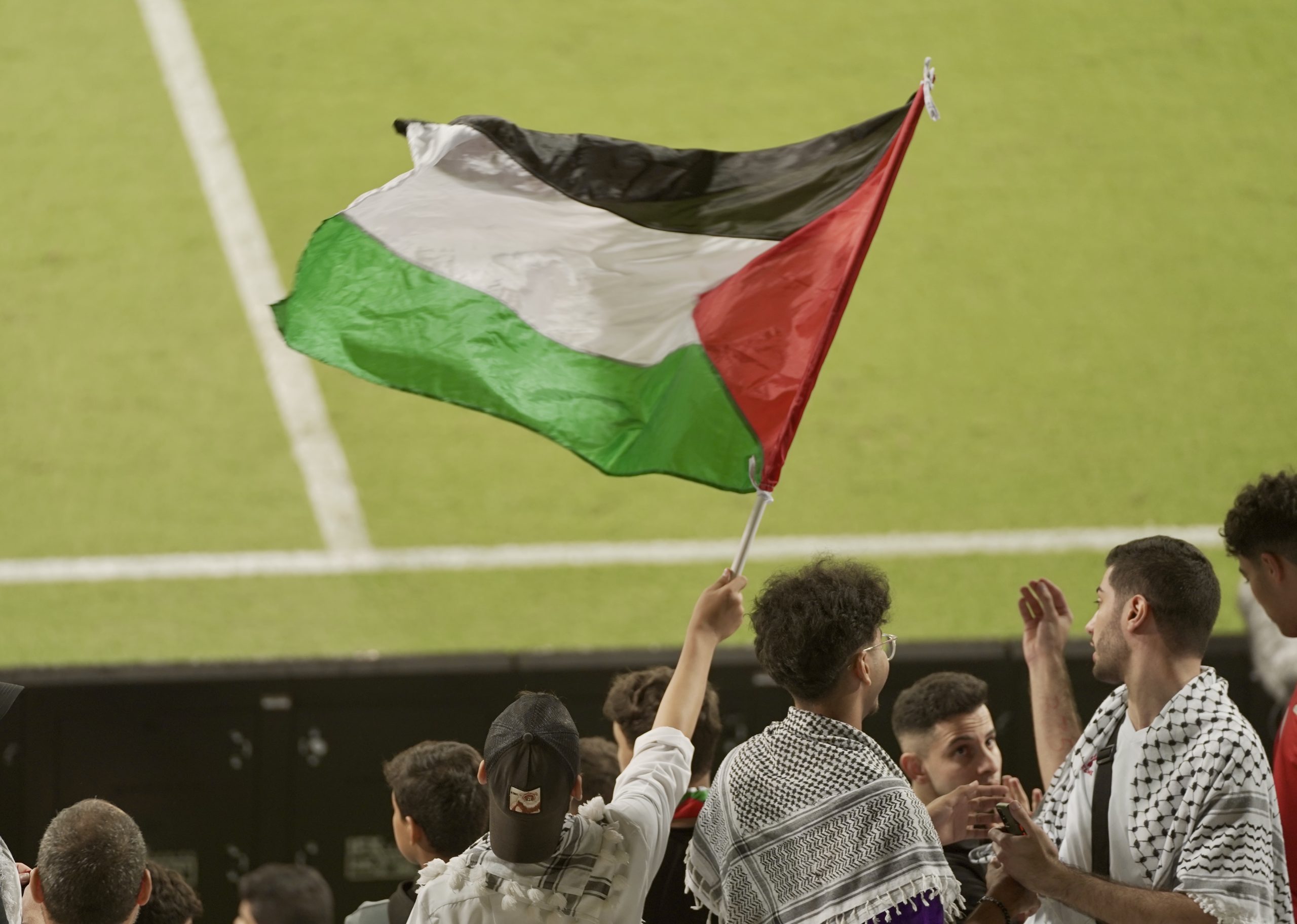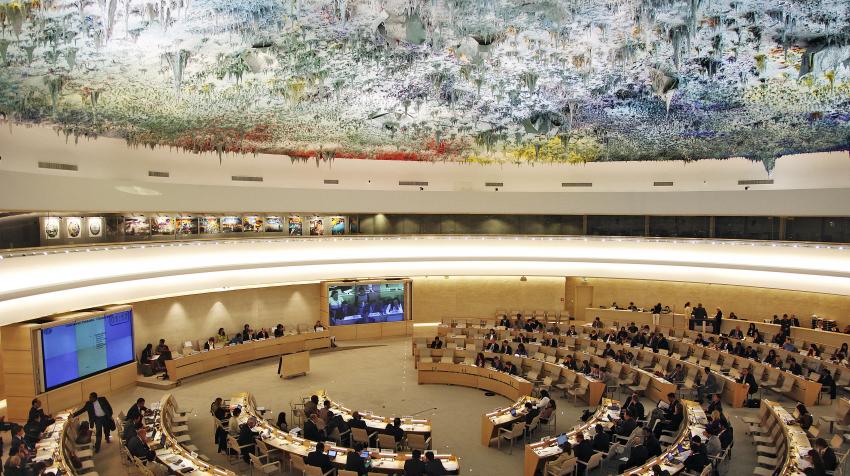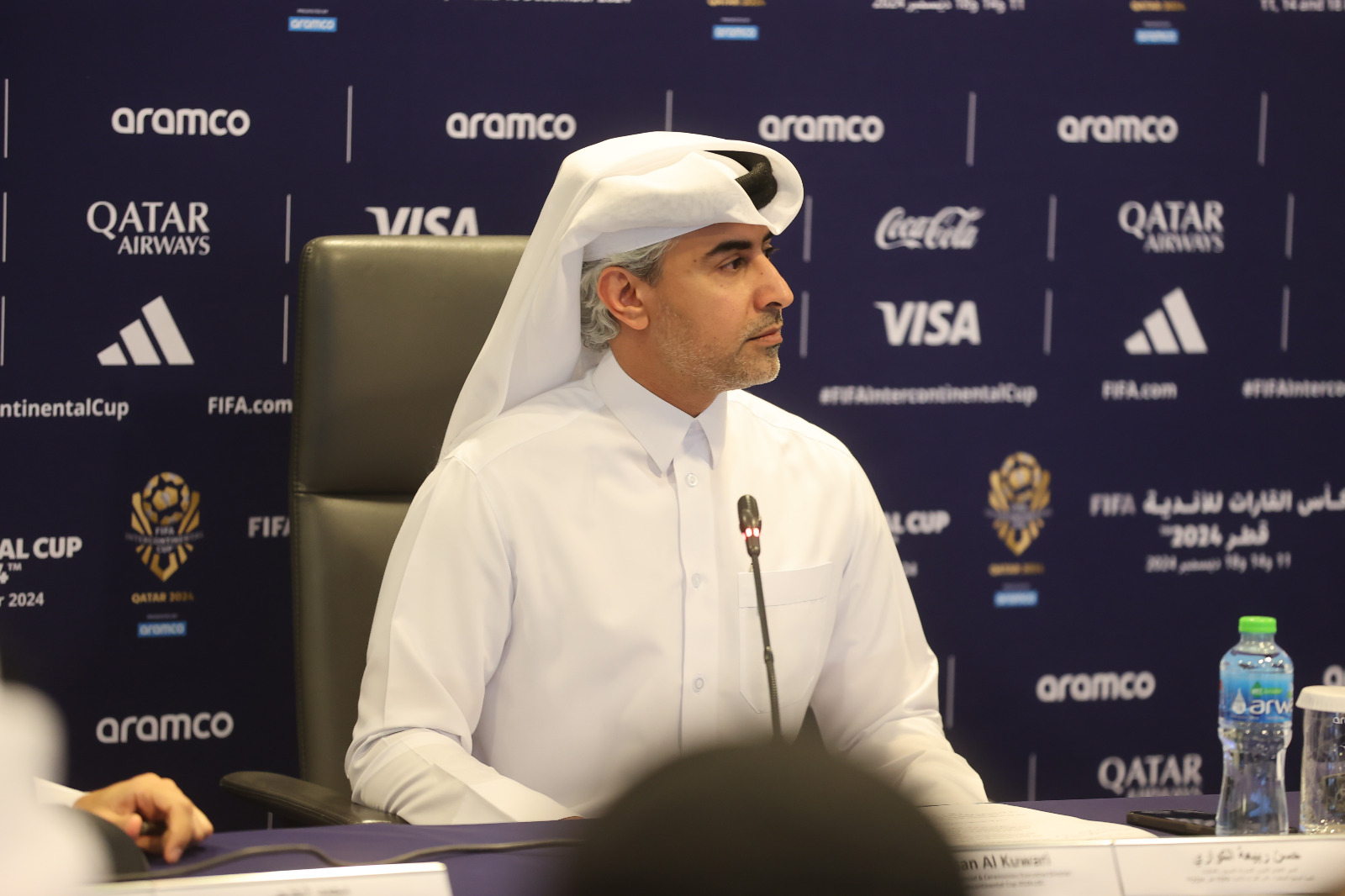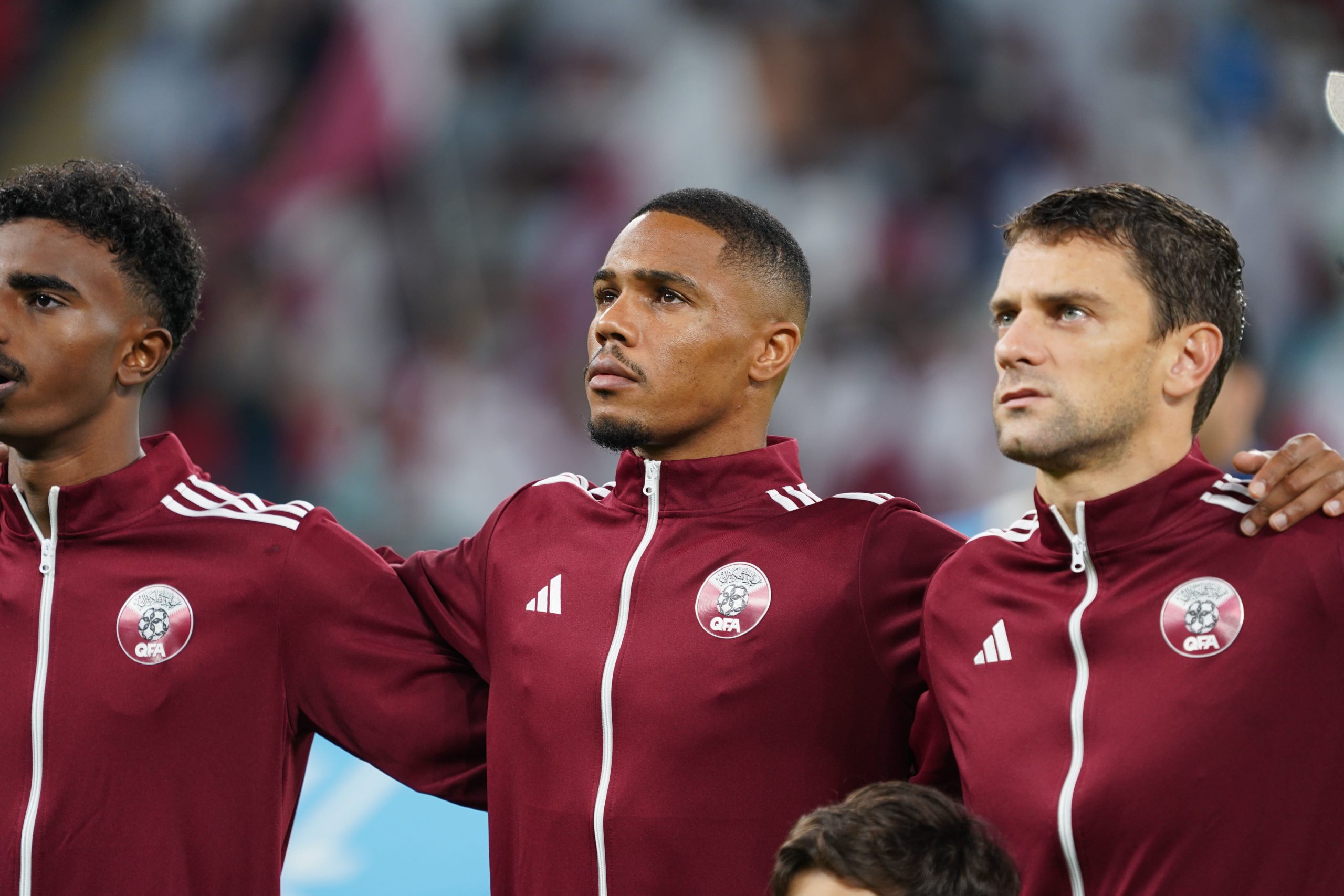
A task force set up by FIFA to determine the dates for the 2022 World Cup has met for the first time this week, officially reopening discussion on moving the tournament to Qatar’s cooler winter months.
The task force, which is led by Executive Committee member Sheikh Salman Bin Ebrahim Al Khalifa, convened yesterday at FIFA’s headquarters in Geneva.
It confirmed that two winter time periods – in January/February 2022 and November/December 2022 – were under consideration, as well as the original summer plan of holding the tournament in June and July.
The mention of a January/February time slot came as a surprise to many, after FIFA President Sepp Blatter announced in December last year that the idea had been ruled out over concerns that it would clash with the winter Olympics, which are traditionally held at the same time.
At the time, Blatter said in a statement:
“We will not play the World Cup in January and February. It would be totally disrespectful to the Olympic family and organisation when they have the Winter Olympic Games in January and February.
We have also consulted our economic and media partners. So many different partners are with FIFA and the Olympic Games so we can not have the partners in two competitions at the same time.”
The host city for the 2022 Winter Olympics is expected to be announced next July. On the shortlist are Beijing, Almaty in Kazakhstan and Oslo.
While Qatar had bid for and was awarded hosting rights to the FIFA 2022 World Cup on the grounds that the event be held in the summer, many experts have expressed concerns about the extreme temperatures and humidity that players, officials and fans would have to face if matches were held during June/July.
FIFA President Sepp Blatter has said several times that it was an “error” to hold the Qatar World Cup in the summer, after FIFA’s own technical report recommended against it.
FIFA backtrack
In a statement this week, Al Khalifa said:
“The options of January/February 2022 and November/December 2022 were put forward as alternatives to June/July 2022, and initial feedback received.”
However, it appears that Blatter has been in contact with the IOC and reassured them that should January/February be the favored time, FIFA will ensure the two international events don’t clash.
According to Reuters, IOC spokesman Mark Adams said:
“It is in the interest of both organisations (FIFA and the IOC) that there is no clash between our calendars. We have received assurances from President Blatter that this will not be the case.”
Representatives from European clubs, leagues and the world players’ union FIFPro as well as national association representatives that sit on the task force have been asked to give their detailed feedback on all the proposed dates, and to highlight relevant competitions and activities that take place during the relevant time slot.
The next committee meeting is expected to take place in November, with a further one scheduled for February 2015, when it is hoped a final decision on the date will be made.
Winter opposition
The European clubs and leagues in particular have for some time made public their opposition to moving the World Cup to the winter, which would mean introducing an eight-week break at the height of the football season.
The European Professional Football Leagues, which represents 844 clubs in 22 countries, issued a statement earlier this year saying that shifting the dates would have an adverse effect on timetables for domestic matches, and would harm leagues’ business interests.
But Blatter dismissed the idea of any teams boycotting the games due to a different timetable. He was quoted as saying:
“In the rotation of the World Cup it was obvious that one day we should give the World Cup also to the Arabic world. It was a democratic decision taken by secret ballot and this was their decision. Now we have to make the best of it in order to show that also a small country can host the World Cup. But it is a challenge.”
Some media organizations have also been against a shift in the time of year. American broadcaster Fox – which paid a record amount for the broadcasting rights to the 2018 and 2022 World Cups – has voiced its opposition out of concern that a winter World Cup would clash with its coverage of National Football League games.
While the summer dates are still on the table for the task force to consider, a pre-recorded interview was broadcast at the Soccerex convention in Manchester yesterday in which Blatter said that he is only considering winter options.
Reuters reports the FIFA official as saying:
“We have already said we cannot play in summer in this heat in Qatar. We have to play in winter. Now we are making this consultation but it is the first official one, so far.”

Fifa’s vice-president Prince Ali Bin al-Hussein, who is also president of the West Asian Football Federation, backed Blatter’s latest statement, saying moving the dates “makes sense.”
Qatar’s world cup organizing body, the Supreme Committee for Delivery & Legacy, has maintained it is still preparing for a summer tournament, and will use environmentally-friendly cooling technology in its stadiums and surrounding venues to ensure a comfortable atmosphere.
BeIN sports commentator Jason McAteer last week backed Qatar’s technological efforts, saying: “As soon as Qatar won the bid, the reaction was ‘it’s too hot.’ When you look at the technology and see how it’s going to benefit the players and the fans, it’s amazing.”
Ethics report
Meanwhile, FIFA confirmed at the end of last week that it had been handed the long-awaited report by ethics investigator Michael Garcia and his team of lawyers.
The 350-page dossier examines claims of corruption and bribery over the 2018 and 2022 World Cups and makes recommendations for action.
The report, delayed since July, will now be examined by FIFA ethics judge Joachim Eckert, who can impose sanctions – although it is not clear if he has the power to strip Qatar of hosting rights if this is what the report recommends.
Thoughts?

